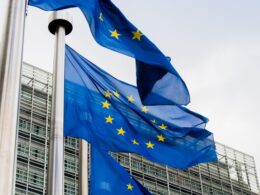The Department of Energy (DOE) in the Philippines is preparing to roll out a Carbon Credit Policy aimed at strengthening the country’s participation in emerging carbon markets and supporting its clean energy transition.
DOE Undersecretary Felix William B. Fuentebella described the initiative as a pivotal step for the industry. “This Carbon Credit Policy is a game-changer for the Philippine energy sector. It will equip our energy sector with the tools to generate and manage carbon credits with integrity, ensuring every ton of reduced carbon dioxide is real and verifiable. This builds trust and unlocks investment in effective climate solutions,” he said.
The draft policy seeks to encourage private sector investment in renewable energy and emissions-reduction projects, set clear rules for carbon credit generation and trading, and align national commitments with the Paris Agreement. A public consultation is scheduled for 19 August, bringing together around 120 stakeholders across the energy value chain to discuss roles, responsibilities and mechanisms for implementation, as well as preparations for participation in international carbon markets.
The initiative follows a 2024 Memorandum of Understanding between the Philippines and Singapore to cooperate on carbon credits under Article 6 of the Paris Agreement, which provides for cross-border collaboration in emissions reduction.
According to the DOE, the Carbon Credit Policy will complement the Philippine Energy Plan 2023–2050, which targets greater use of renewable energy, improved energy efficiency and the development of a low-carbon, sustainable energy system.















